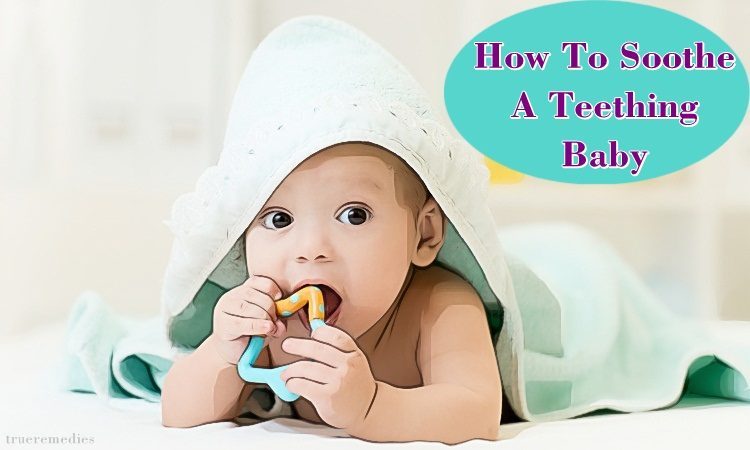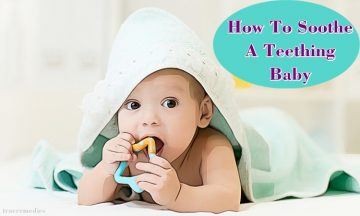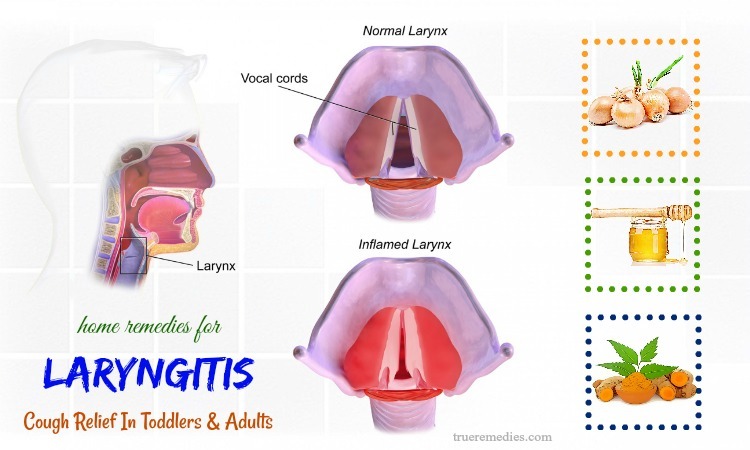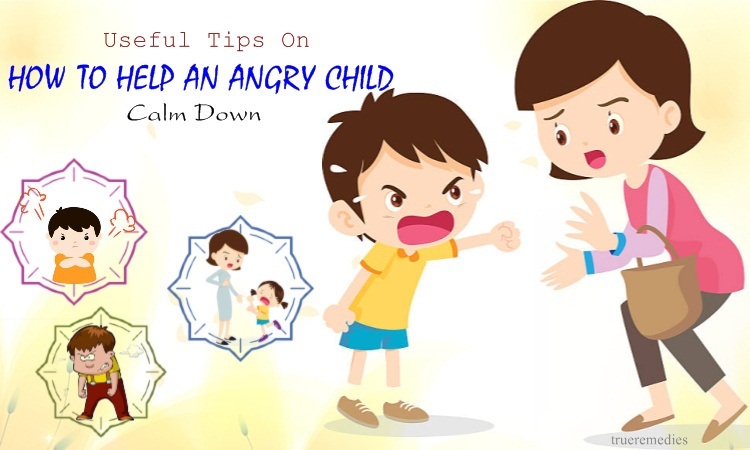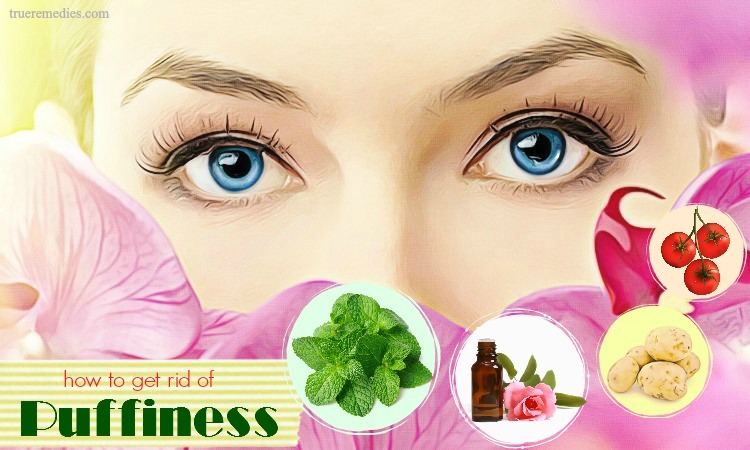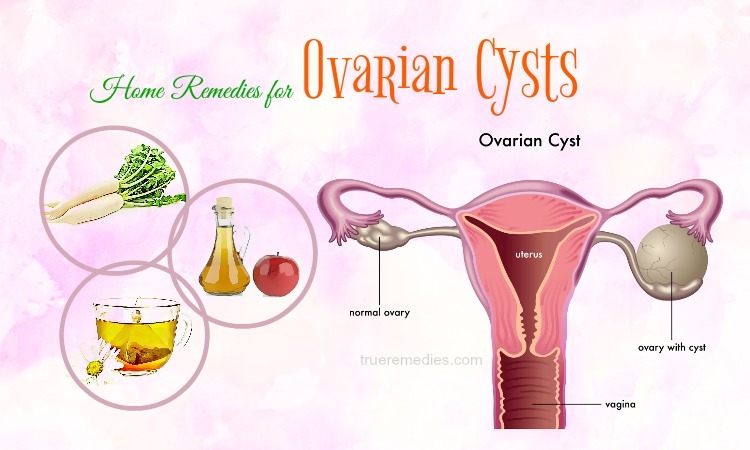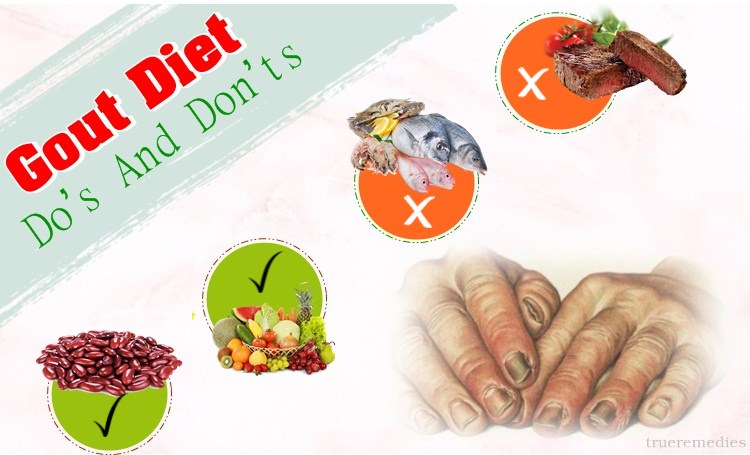Contents
Teething can be an uncomfortable experience for babies. Teething babies often cry at night because their gums are sore and swollen. Let True Remedies show you teething information in babies.
Babies will start teething after three months and last until they are 3 years old. The process of teething will cause both you and your baby a lot of trouble because their gums, in this time, will be swollen, causing pain and drooling. Teething makes babies more difficult to eat, makes them feel uncomfortable and start to become irritable. Besides, teething affects the baby's sleep.
- 16 Effective Home Remedies For Tooth Decay Odor And Pain (This article was medically reviewed/ fact checked by Millie Lytle ND, MPH)
- 11 Home Remedies For Tooth Infection, Toothache And Swelling
- Top 44 Effective Home Remedies For Toothache Pain And Swelling
Top 8 Tips On How To Soothe A Teething Baby Parents Should Know
I. How Do I Know If My Baby Is Teething?
There are usually no symptoms in some babies when teething. However, some babies can become more likely to fuss, start drooling, lose appetite, or cry more than usual. In some cases, teething may be accompanied by vomiting and fever.
Typical symptoms of teething in a baby include[1]:
- Trouble sleeping
- Loss of appetite
- Crying more
- Irritability or crankiness
- Like to chew on things
- Red, tender or swollen gums
- Drooling
- Fever
II. Why Does Teething Hurt So Much?
In fact, your baby's teeth began developing while he was in your womb; at that time, tooth buds were already formed in his gums. Now his teeth are erupting through his gums. This is what is causing your baby to be painful, tender, red, and swollen.
Pressure on babies' teeth from chewing may reduce pain. Nonetheless, their gums will be especially sensitive. This is why he may dismiss a bottle or your breast when he's teething.
TrueRemedies Partner Solutions

Need a Help from the Leading Expert Online, Available 24/7?
They’re all here and ready to answer your questions online or by phone. Keep asking questions until you get the answer you need.
III. How Long Will Teething Last?
The teething process is different for every child. Therefore, you cannot predict. The first tooth will make your baby uncomfortable, and then the pain will subside until your baby's first molars come in. Fortunately, babies often have molars when they are older than 1 year old[2]. Both you and your baby will have a period of rest and recovery after stressful teething.
Sometimes babies will show signs of teething before the tooth erupts, while others will have these symptoms later. No one can ever predict what might happen. So, you should carefully study and prepare the treatment measures on how to soothe a teething baby to help your baby feel more comfortable during teething.
IV. Soothe A Teething Baby
1. Pat Dry Drool
Babies who are teething often drool a lot. To prevent irritation and dermatitis that aggravate your baby's pain, you should use a soft, clean cloth to clean your baby's chin regularly.
2. Use Coconut Oil
Besides wiping your baby's drool, you should soften the skin on the lips and chin area with coconut oil to prevent the skin from getting wet due to saliva. This will help prevent bacteria from invading, preventing the baby from becoming infected.
3. Use Toys For Teething Babies
There are many toys made of rubber and plastic with all shapes and sizes used when babies' first teeth erupt. With high elasticity, even if it is chewed or bitten all day long, it will not be broken. You can put them into the refrigerator but not the freezer to increase the efficiency and your baby's enjoyment. This is one of the tips on how to soothe a teething baby that parents should apply.
4. Let Your Baby Breastfeed
Breast milk is a rich source of a natural immune-boosting booster that helps your baby fight teething pain. You can see your baby growling when sucking because the movement of the mouth muscles also soothes the baby's gums, which will make him feel more comfortable.
5. Feed Your Baby Hard Foods
If your baby is learning to eat solid foods, give him something healthy to chew on[3]. This way helps to relieve pain well. Ideal food for teething babies is sliced apples, carrots, or cucumbers. Pineapple is rich in bromelain that helps to fight inflammation, reduce the symptoms such as swelling and body aches. Moreover, it is not only high in vitamin C but also is easily digested, so it is a suitable fruit for baby.
Avoid feeding your baby high-sugar items, which can easily cause bacteria to grow in the mouth and lead to cavities, even if your baby has very few teeth. Remember to be always with your baby to prevent him from suddenly choking.
6. Give Your Baby Cool Food
Your baby's gums are now warm and swollen, so cool foods help relieve discomfort well. If your baby is not good enough to sip on cool foods such as chilled, sliced fruits, offer fresh fruit juice[4]. Cold milk is also a pain-relieving alternative that provides many essential nutrients for teething babies who are loss of appetite.
7. Scattering Your Baby's Thoughts
Sometimes, the change of atmosphere and activities around your baby also helps him forget the torturing pain. Try taking your baby to a bath; warm water can soothe and dispel his attention to teething. Trying to entice babies into a new game also makes them so happy to forget the pain.
8. Massage Your Baby's Gums
You clean your fingers or use a dedicated gum massaging tool and then gently rub your baby's swollen gums. This distracts your baby's attention to the pain while reducing the discomfort in his mouth and increasing affection between you and your baby.
In addition, you can let your baby gnaw and bite your finger, but be prepared because even if he does not have any teeth, he can bite your finger quite a bit!
V. When To Visit A Doctor?
Teething in babies can make babies cry because they're uncomfortable. The symptoms may be normal; however, please seek medical attention if your baby:
- Fever
- Inconsolable crying
- Diarrhea
- Rashes
VI. How Do I Care For My Baby's New Teeth?
Ideally, you have been running a soft infant toothbrush or a damp washcloth over your baby's gums daily. If not, it is time for you to start. The cleansing helps to prevent bacteria from accumulating in your baby's mouth.
When your baby has the first teeth, you can use a soft-bristled toothbrush to brush his teeth. When he learns to spit (at the age of 3), you use a little fluoride toothpaste that is no bigger than one rice grain in size. Then, you can switch to a pea-sized blob when he is 2 to 3 years old.
Also, it is time to think about giving your baby regular dental visits. According to the American Dental Association, you should schedule a baby's first dental checkup after the first tooth appears and no later than his first birthday.
Moreover, you should examine your baby's teeth and gums at well-baby exams. Remember that regular childhood dental care is beneficial for healthy teeth and gums in his lifetime.
Teething is a new developmental stage for babies, which may have many different symptoms. You should observe your baby for timely recognition and treatment. If you want to ask any questions about tips on how to soothe a teething baby, please leave a comment in the comment box. For other informative writings, visit our Parenting cate!

